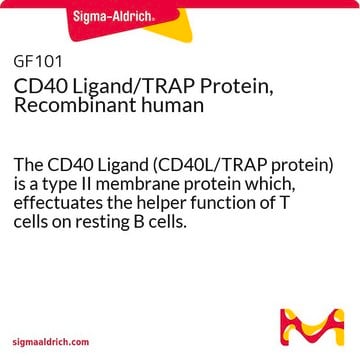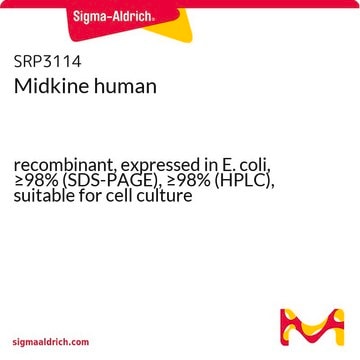M3074
MMPIP
≥98% (HPLC)
Synonyme(s) :
6-(4-Methoxyphenyl)-5-methyl-3-(4-pyridinyl)-isoxazolo[ 4,5-c]pyridin-4(5H)-one
About This Item
Produits recommandés
Pureté
≥98% (HPLC)
Forme
powder
Conditions de stockage
desiccated
Couleur
white to off-white
Solubilité
DMSO: ≥10 mg/mL
Auteur
Merck & Co., Inc., Kenilworth, NJ, U.S.
Température de stockage
room temp
Chaîne SMILES
COc1ccc(cc1)C2=Cc3onc(-c4ccncc4)c3C(=O)N2C
InChI
1S/C19H15N3O3/c1-22-15(12-3-5-14(24-2)6-4-12)11-16-17(19(22)23)18(21-25-16)13-7-9-20-10-8-13/h3-11H,1-2H3
Clé InChI
PDWYBOZNEVALOV-UHFFFAOYSA-N
Actions biochimiques/physiologiques
Caractéristiques et avantages
Code de la classe de stockage
11 - Combustible Solids
Classe de danger pour l'eau (WGK)
WGK 3
Point d'éclair (°F)
Not applicable
Point d'éclair (°C)
Not applicable
Certificats d'analyse (COA)
Recherchez un Certificats d'analyse (COA) en saisissant le numéro de lot du produit. Les numéros de lot figurent sur l'étiquette du produit après les mots "Lot" ou "Batch".
Déjà en possession de ce produit ?
Retrouvez la documentation relative aux produits que vous avez récemment achetés dans la Bibliothèque de documents.
Articles
Sigma-Aldrich offers many products related to G-protein family glutamate receptors for your research needs.
DISCOVER Bioactive Small Molecules for Neuroscience
Notre équipe de scientifiques dispose d'une expérience dans tous les secteurs de la recherche, notamment en sciences de la vie, science des matériaux, synthèse chimique, chromatographie, analyse et dans de nombreux autres domaines..
Contacter notre Service technique







